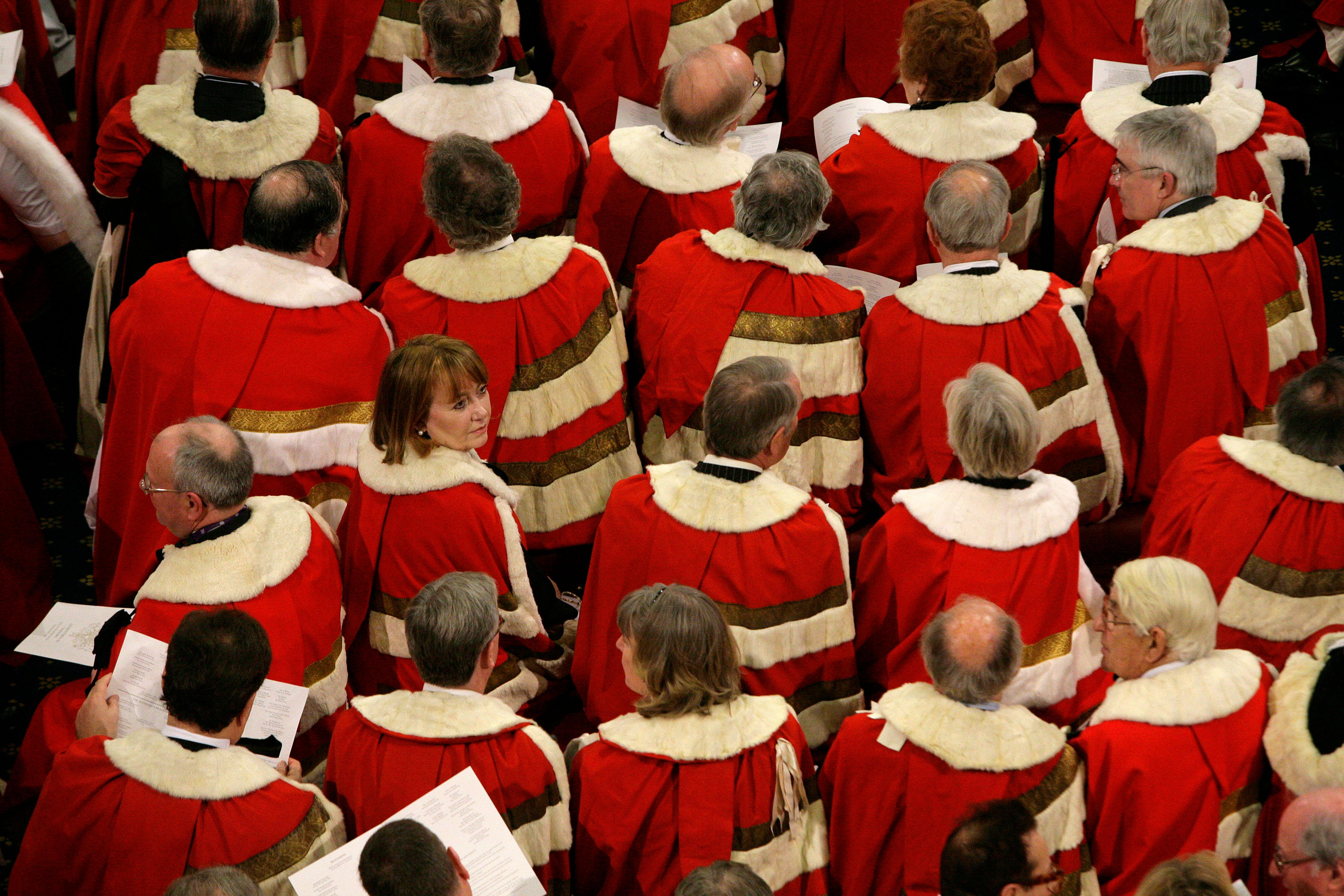Tory peer argues Lords should remain unelected to ensure ‘scrutiny’ of laws
Lord Norton urged caution over what he described as ‘Big Bang reform’ to the upper chamber.

Your support helps us to tell the story
From reproductive rights to climate change to Big Tech, The Independent is on the ground when the story is developing. Whether it's investigating the financials of Elon Musk's pro-Trump PAC or producing our latest documentary, 'The A Word', which shines a light on the American women fighting for reproductive rights, we know how important it is to parse out the facts from the messaging.
At such a critical moment in US history, we need reporters on the ground. Your donation allows us to keep sending journalists to speak to both sides of the story.
The Independent is trusted by Americans across the entire political spectrum. And unlike many other quality news outlets, we choose not to lock Americans out of our reporting and analysis with paywalls. We believe quality journalism should be available to everyone, paid for by those who can afford it.
Your support makes all the difference.A Tory peer has argued that the House of Lords should remain unelected despite suggestions by Labour that the public has “lost faith” in politicians’ ability to bring about change.
Lord Norton urged caution over what he described as “Big Bang reform” after it was reported Sir Keir Starmer would replace nominations for Parliament’s second chamber with a voting system.
There have long been warnings that membership of the House of Lords is becoming excessive, with Boris Johnson attracting criticism over some of his appointments, notably Lord Lebedev.
The media mogul and son of an ex-KGB agent was given a life peerage in 2020 but has spoken just once on the floor of the House.
More recently, Mr Johnson has faced accusations that he has proposed several Conservative MPs for peerages but told them to delay accepting to avoid triggering by-elections.
One has to be wary of some Big Bang reform, grand reform
Speaking to Times Radio, Lord Norton said there was “an argument for upping the quality threshold of those appointed” to maintain public trust and for reforming the appointments process to improve transparency.
But he urged against large-scale reform, arguing there were “problems” with proposals made by Labour and former prime minister Gordon Brown, who is leading a constitutional review of how the chamber works.
“The problems with Gordon Brown’s proposals and to some extent with what Keir Starmer has been saying, on the one hand he was talking about getting rid of the Lord’s while maintaining to continue its current functions, as if you can separate discrete entities – the way a body is chosen and the job that it does – and the two are clearly linked,” he said.
“So the present task does add value in terms of the law of this country, in regards to ensuring this nation has good law is a public good and I think the House of Lords contributes to that which is its principal role – its detailed legislative scrutiny, it improves the law of this country.
“So we want to, I would argue, retain that. So one has to be wary of some Big Bang reform, grand reform”.
He added: “Despite some high-profile appointees that attract controversy, it’s the rest, if you like, that matter, the majority ensures that the Lords can engage in detailed legislative scrutiny, which you’re going to lose, I think, if you have it as simply a second elected chamber.”
The Observer reported last month that Sir Keir, whose party has a considerable lead in the polls after months of political instability, told Labour peers that part of the argument for reform was the public having “lost faith in the ability of politicians and politics to bring about change”.
Under his plans, the Lords replacement would be “truly representative” of the UK’s nations and regions while still retaining its role as the second chamber in relation to the Commons.